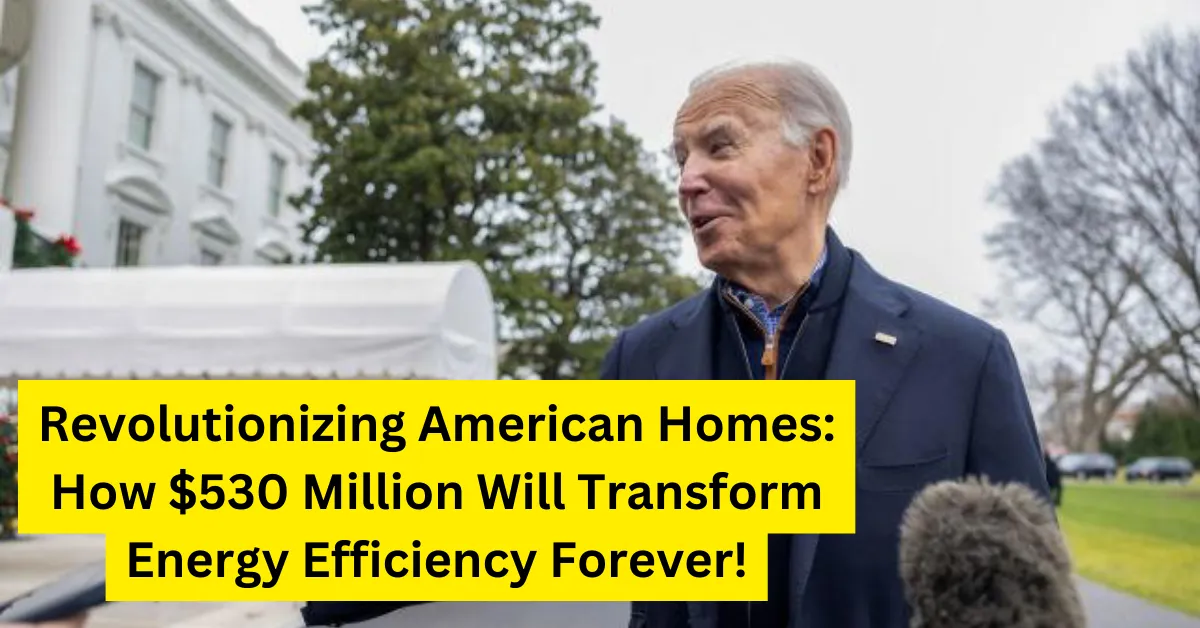The Biden administration, under the United States Department of Energy, has announced a substantial allocation of up to $530 million in grants aimed at promoting energy-efficient buildings. This initiative is part of the Inflation Reduction Act, which designates $1 billion to upgrade American buildings, intending to reduce energy expenses and diminish dependence on environmentally harmful energy sources.
Comparing current homes to those constructed 15 years ago reveals a notable 40% increase in energy efficiency. The injected funding seeks to empower states and local governments to revise building codes to meet the latest energy standards or their equivalent. If all 50 states adopt these measures, it’s projected that the resulting energy savings over three decades could power all U.S. homes for an entire year, according to estimates by the Department of Energy.
Jennifer Granholm, the U.S. Secretary of Energy, emphasized the necessity of a comprehensive approach in shaping cleaner energy futures for cities and communities. She highlighted that this funding would not only benefit consumers by reducing costs but also aid in curtailing climate pollution while creating well-paid job opportunities in local communities.
Furthermore, the initiative acknowledges the importance of fortifying homes to withstand natural disasters—an imperative consideration amidst escalating extreme weather events due to rising global temperatures. Providing mitigation options for U.S. residents is crucial for ensuring their safety and peace of mind.
States, territories, and local governing bodies responsible for building codes can submit concept papers by Feb. 9, followed by full applications due by April 30, to access this funding opportunity.
The recent surge in energy prices, with a 10.7% increase in 2022 as noted by the Statista Research Department, underscores the urgency of prioritizing energy efficiency to alleviate the financial burden on residents. Enhanced efficiency not only reduces power costs but also plays a vital role in reducing pollution from dirty energy sources.
Highlighting the environmental impact, the Environmental Protection Agency emphasizes that household energy consumption constitutes the largest controllable source of black carbon, a potent contributor to global warming. Over half of this type of pollution globally originates from domestic power, mainly from coal-fired plants. Black carbon not only contributes to climate change but also significantly impairs air quality due to its role in toxic particulate matter in the atmosphere.
While optimizing homes to operate on less energy is essential in curbing carbon and black carbon emissions, the transition to renewable energy sources like wind and solar power is equally critical. Moving away from harmful energy sources will mitigate the production of greenhouse gases and pollutants, thereby contributing to a cleaner and healthier environment.

